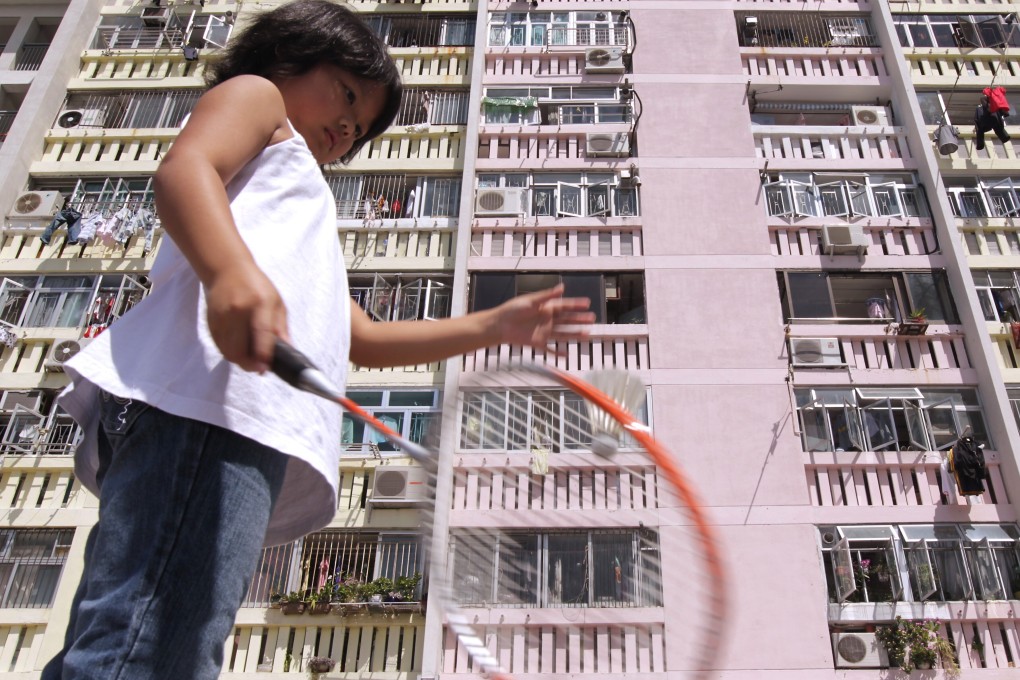Air conditioning adds to global warming, making us use it more. How to break the vicious cycle
- Once upon a time, Asia knew how to live without air conditioning. Homes have shrunk and the climate has changed, but there are steps cities can take
- Planning districts to take account of sun, wind, and shade, designing buildings to use less energy, and some self-control on our part, can reduce air con use

Edwin Lau Che-feng sweated his way through last summer, trying to avoid using air conditioning in his home.
The Hong Kong conservationist, and founder of environmental organisation The Green Earth, wanted to show that energy-guzzling air cons aren’t always necessary, even on the hottest and stickiest of days. Lau says he trained himself to endure the heat, working from home through the hottest months of 2020 – the hottest year on record in Hong Kong.
“I didn’t turn on the air conditioning at all [during the day],” he says. “I only turned it on in the bedroom to get to sleep at night.”
As global warming inexorably pushes up temperatures around the world, with peak heat records repeatedly broken, the demand for air conditioning has inevitably soared. This has increased the demand for energy to power it, which in turn increases global warming. Some environmentalists call it a vicious cycle.

The average window-type air con uses roughly seven times as much power as an energy-efficient fridge, and two or three air-cons run in a typical house or flat each night. Data from the Hong Kong government shows that air cons consumed 32 per cent, and refrigeration four per cent, of electricity used in 2018.
Lau was working from home during the coronavirus pandemic, so he closed curtains and blinds to shade his room from sunlight, used a little electric fan to direct a breeze onto his body, and if the heat became unbearable he used a small wet towel to wipe his hands and face.
